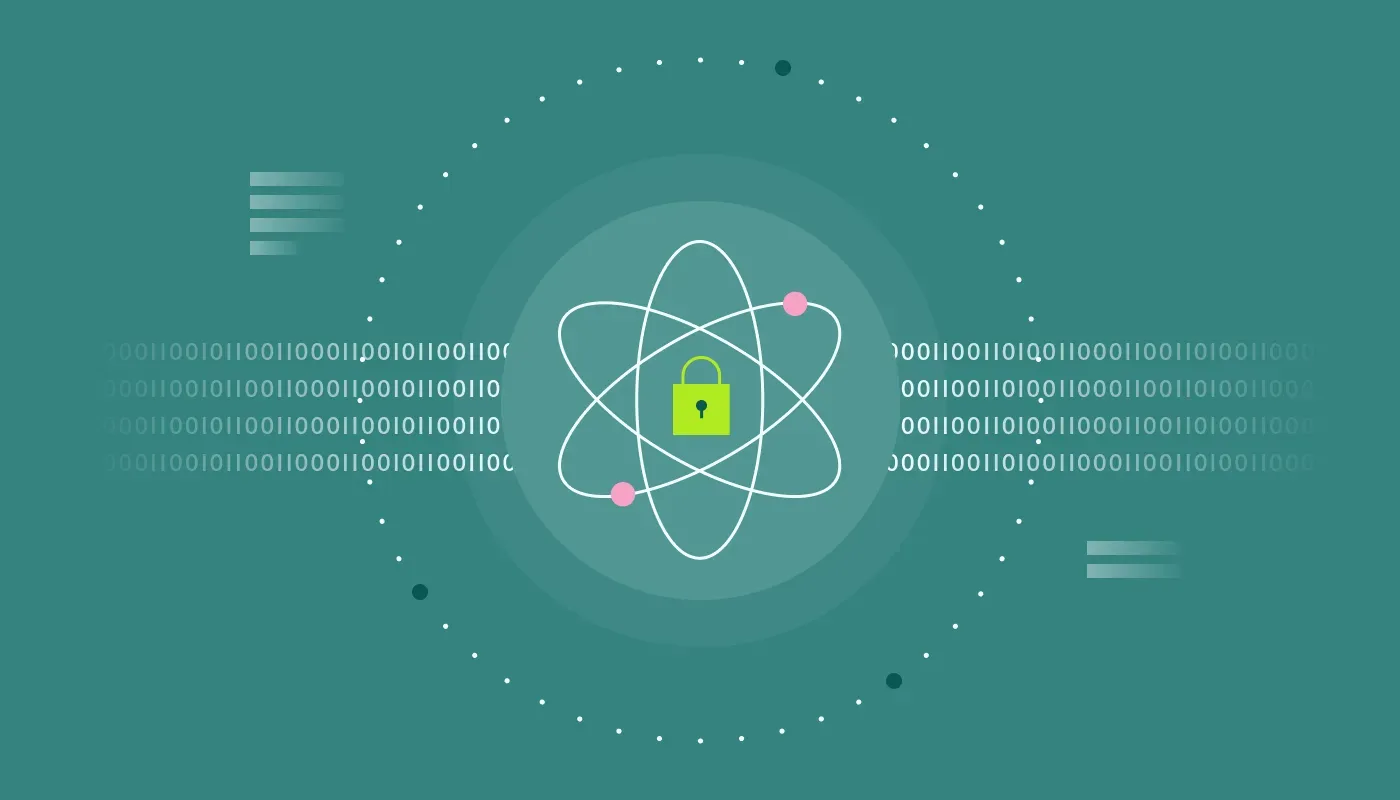US Quantum Cryptography Market Size, Share & Growth Trends Forecast 2034

The United States' position at the forefront of the next great technological arms race—the race for quantum supremacy—has created a nascent but strategically indispensable market for a new generation of fundamentally secure communication technologies. A detailed and comprehensive assessment of the US Quantum Cryptography Market Valuation reveals an emerging, multi-hundred-million-dollar industry whose financial worth is a direct and stark reflection of the existential threat that the advent of large-scale quantum computers poses to our entire modern digital infrastructure. The core of this valuation is not based on a current, widespread problem, but on the immense and potentially catastrophic future risk of a "crypto-apocalypse." The public-key encryption algorithms that currently protect virtually all of our secure communications—from e-commerce and online banking to classified government and military communications—are fundamentally vulnerable to being broken by a sufficiently powerful quantum computer. The market's valuation is therefore a measure of its essential and mission-critical role in developing and deploying the next generation of "quantum-resistant" and "quantum-proof" cryptographic solutions that will be required to defend against this coming threat.
The market's substantial financial worth is significantly amplified by the diverse and highly sophisticated ecosystem of technologies and approaches that it encompasses, which can be broadly divided into two main categories. The first and most futuristic is Quantum Key Distribution (QKD). The valuation of this segment is based on its promise of a truly "unhackable" communication channel. QKD systems use the fundamental principles of quantum mechanics—specifically, the fact that the very act of observing a quantum particle inevitably disturbs it—to securely distribute a secret encryption key between two parties. Any attempt by an eavesdropper to intercept the key would be instantly and unavoidably detected. The second and more near-term component of the valuation is the market for "Post-Quantum Cryptography" (PQC), also known as "quantum-resistant cryptography." This is a software-based approach that involves the development of new, classical encryption algorithms that are believed to be resistant to attack by both classical and quantum computers. The valuation of the market therefore represents the cumulative investment in both of these parallel and complementary approaches to securing our digital future.
Ultimately, the valuation of the U.S. quantum cryptography market is deeply intertwined with its profound and central importance to national security. The market's financial scale is a testament to the massive and sustained investment from the U.S. government, particularly the Department of Defense (DoD), the intelligence community (led by the National Security Agency - NSA), and the National Institute of Standards and Technology (NIST). These government bodies are the primary drivers and the largest initial customers for this technology. They view the development of quantum-resistant cryptography not as a commercial opportunity but as a fundamental and non-negotiable requirement for protecting the nation's most sensitive secrets, from classified military communications to the command and control of critical infrastructure. The massive, long-term, and classified R&D contracts and the early-stage deployment funding from these government agencies are the foundational pillar of the market's high and strategically vital valuation.
Top Trending Reports -


